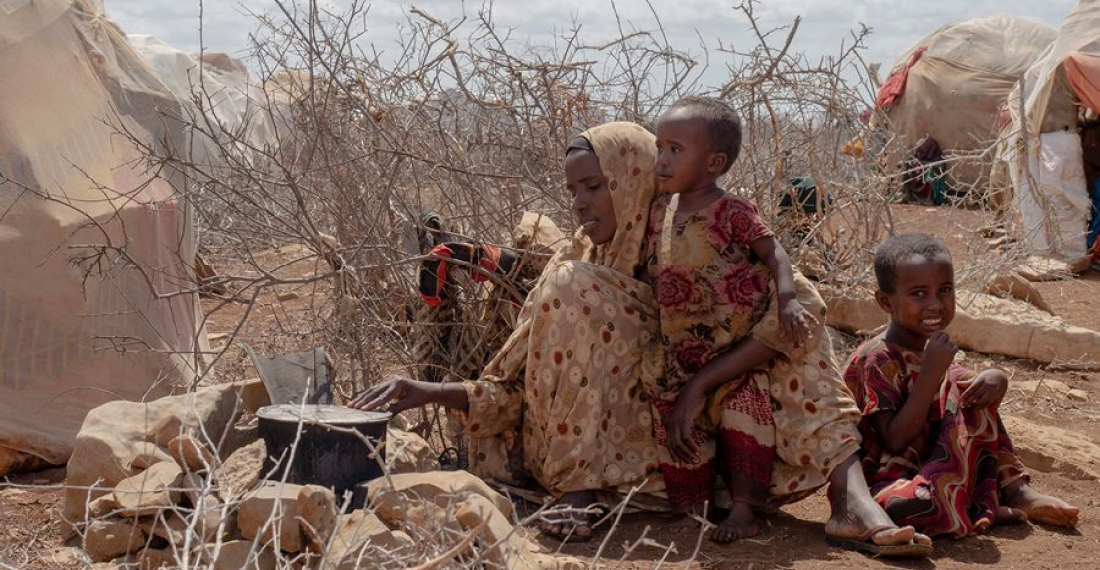In a desolate makeshift camp on the fringes of Somalia's capital, tens of thousands of internally displaced people sit under the baking sun not sure if they can have access to food rations and medication following U.S. President Donald Trump’s decree to freeze most of his country's foreign aid. Trump’s decision, which will remain in force for 90 days following his executive order of January 20, threatens to collapse the humanitarian aid economy that sustains the livelihoods of some of the world’s most vulnerable people. The U.S. provides more foreign aid globally than any other country, budgeting about $60 billion in 2023, or about 1 per cent of the U.S. budget.
Somalia, a Horn of Africa nation that struggles with a homegrown Islamic extremist insurgency, depends almost entirely on foreign aid to look after people displaced by armed conflict, amounting to 3 million, according to the UN refugee agency. The east African country also grapples with the effects of natural disasters, particularly drought, and food insecurity.
The United States Agency for International Development, or USAID, spent $369 million in Somalia in 2021, supporting everything from sanitation programs to emergency nutrition with funds channeled through government and non-governmental groups.
Ayan Ali Hussein, chairwoman of the Dooxdoox IDP camp on the outskirts of Mogadishu, said Trump’s order provoked almost immediate stop-work orders addressed to USAID partners, shutting down basic services. Suddenly “there are no facilities to treat malnourished children,” she said. “Women who had experienced gender-based violence once had access to care, counseling, protection, medication, financial support, and clothing, none of which are available anymore.”
Hussein’s camp looks after eight sites, home to nearly 8,000 households of internally displaced Somalis who will “lack basic items like plastic sheets” for temporary shelter. The suspension of USAID, “left a huge void in our lives” she said. One of the camp's residents, an 85-year-old mother of eight, Ruqiya Abdulle Ubeyd, said she was shocked by Trump’s decision and asked "the U.S. government to restore the aid it used to give to vulnerable people,” she said.
The fund freeze has also caused major concern among those in need of urgent medical care, including people with HIV, as it disrupted the work of almost all NGOs in Somalia. One of the hard-hit organizations is the Somali Young Doctors Association, or SOYDA, a key provider of medical assistance in the camps. Its founder, Dr. Abdiqani Sheikh Omar, previously a top official in Somalia’s health ministry, said the abruptness of Trump’s announcement has destabilized their programmes.
In 2025, Somalia was to receive $125 million in USAID support for programmes that could now become “null and void,” he said. To cope with funding shortages, his group decided to prioritize critical nutrition and hygiene programs.
Many of his workers also face immediate job losses, and the organization is “engaging our volunteer health professionals to cover this emergency staff funding gap through part-time shifts,” he said. SODYA also provides medication for people who can’t afford it. “Previously, whenever our children got sick, we would come straight to (the SODYA) center for help,” said Hussein Abikar, a father of five who lives in the camp with his family. “There is no other place where we could find such support,” Abikar said.






